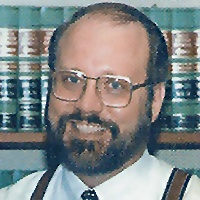Savannah DUI-DWI Lawyer, Georgia
Sponsored Law Firm
-
 x
x

Click For More Info:
-
Daryl J. Walker Law Firm
202 West 35th Street Savannah, GA 31401» view mapCriminal Defense Aggressively Fighting for You and Your Family
When you find yourself in need of a criminal defense attorney, you can be confident that Daryl Walker has what it takes to win your case.
800-846-0571
Chester James Gregg
✓ VERIFIEDBorn in Ilion, New York, Attorney Chester J. "Chet" Gregg graduated from the State University of New York, College at Oswego in 1993 with a B.S. in Se... (more)
R. Brandon Galloway
✓ VERIFIEDR. Brandon Galloway is a practicing lawyer in the state of Georgia where he currently works at Galloway & Galloway, P.C. He received his bachelors deg... (more)
Daryl J. Walker
✓ VERIFIEDDaryl Walker proudly serves Savannah, Georgia and the neighboring communities in the areas of criminal, DUI-DWI, accident & injury, and estate law.
FREE CONSULTATION
CONTACTFREE CONSULTATION
CONTACTScott Gregory Reddock
Andrew Scott Johnson
FREE CONSULTATION
CONTACT Daryl Walker Savannah, GA
Daryl Walker Savannah, GA AboutDaryl J. Walker Law Firm
AboutDaryl J. Walker Law Firm



